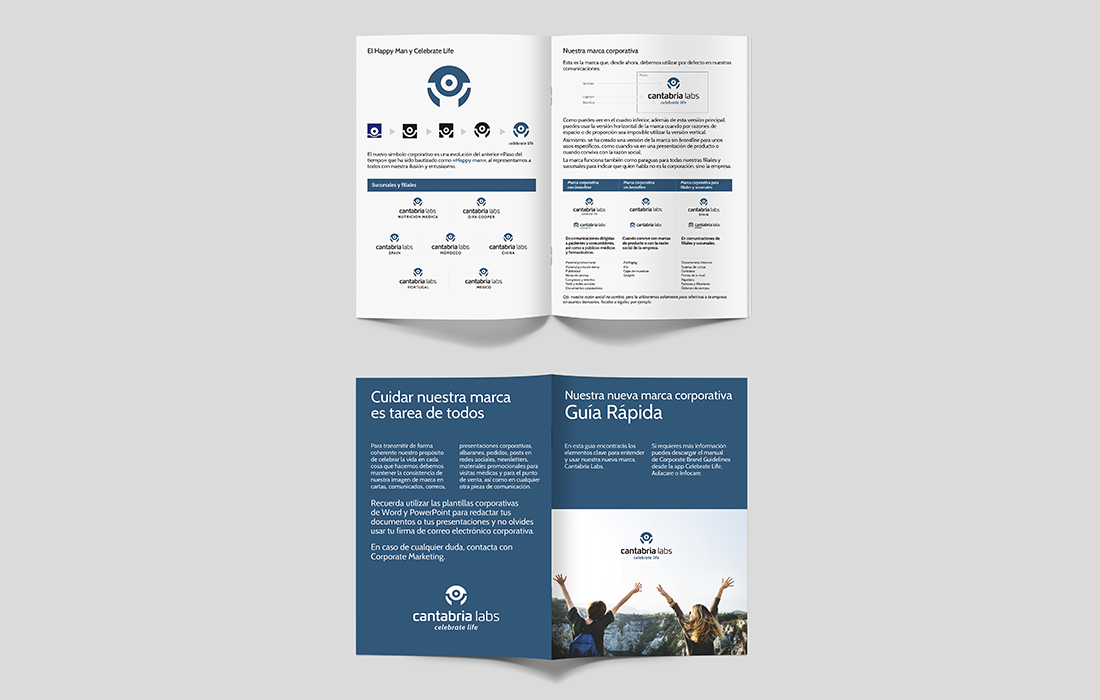
17 Sep The “why” behind the business matters, a great deal
Whiplash Team, 17th September 2021
The “why” behind the business matters, a great deal
Social awareness increases, among other things but above all, thanks to the Internet. This allows people from different parts of the world who share interests to get into contact and organize themselves for a common cause. Therefore, the importance of the purpose behind brands becomes more relevant as consumers demand knowledge and this is revealed by different studies. The 2020 Zeno Strength of Purpose report, for example, highlights that 70% of Gen Z and Millennials think that a brand should have a purpose with which they feel personally identified.
In 2009 Simon Sinek put on the table the importance of “why”. First, with his TED talk on How great leaders inspire action, and then with his book Start with Why. How great leaders inspire action, where he exposed his concept of the “golden circle”, which he defines as a biological pattern that explains why some thinkers, organizations and leaders inspire us. Sinek’s talk accumulates millions of views on YouTube. It begins with a simple question: “Why are some people and organizations more innovative, more influential, and more profitable than others?” In his own words, people don’t buy “what” but do buy “why”. I.e., they do not buy what someone, a person or a company does, but why they do it. They buy the purpose behind the product, be it an object, a service, an idea or a philosophy for life.
In the case of brands, having a purpose that connects with the aspirations and demands of their target audience is essential. Even more so as the Millennial and Z generations enter the consumer and job markets. These are generations for which the purpose of a company has specific weight in their purchase decision or to consider a company as a possible employer. Thus, the purpose is not only important to sell products, but to attract and retain talent too.
The 2020 Zeno Strength of Purpose report, which interviewed more than 8,000 people globally reveals that strong purpose gives brands four to six times more chances to reach younger consumers. In this sense, those brands that do not have a clear purpose embedded in their DNA run the risk of losing relevance in a society in which the Millennial and Z generations are acquiring greater financial muscle.
We must not forget that companies are part of society, and a solid purpose, aligned with what the society demands adds value to everyone. On the other hand, there is evidence that purpose has an impact on the income statement, as shown by the Executive Purpose Study 2020 by the consulting firm Porter Novelli, in which 78% of those surveyed said they were more likely to remember a company with a strong purpose, and 71% said they would buy a brand with a specific purpose rather than the alternative brand (if cost and quality were the same). Additionally, 66% said they would take the purpose of the business into account when deciding what to buy.
The purpose of a brand or company is its raison d’être, beyond making money. It’s is “why”. It is the core and engages consumers on an emotional level through beliefs they share and the problems they solve. Purpose drives business, benefits people and improves society.

























